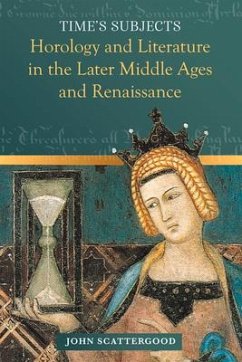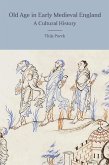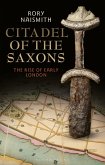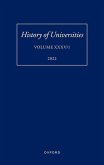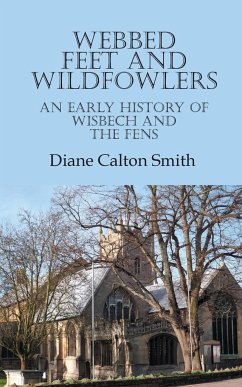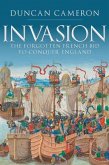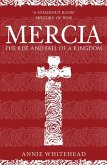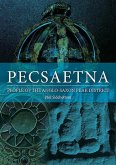There is ample evidence, from the earliest periods onwards, that mankind has sought to measure and organize temporal movement by means of intellectual theories about historical sequences and the contours of peoples' lives, as well as by practical literary instruments such as calendars, almanacs, and a variety of physical timekeeping devices such as sundials, astrolabes, flame-clocks, hour-glasses, and water-clocks. But in the late thirteenth century and early fourteenth century, because of developments in physics and mechanics, it became possible to develop mechanical clocks, timekeeping machines independent of natural phenomena like the sun, moon, and stars, daylight and darkness. This book seeks to describe the impact of these instruments on the theological, philosophical, political, social, moral, and personal thinking of the period from the thirteenth to the seventeenth centuries, and the way that this thinking was expressed, mainly in English texts, but in other linguistic cultures too.
Hinweis: Dieser Artikel kann nur an eine deutsche Lieferadresse ausgeliefert werden.
Hinweis: Dieser Artikel kann nur an eine deutsche Lieferadresse ausgeliefert werden.

